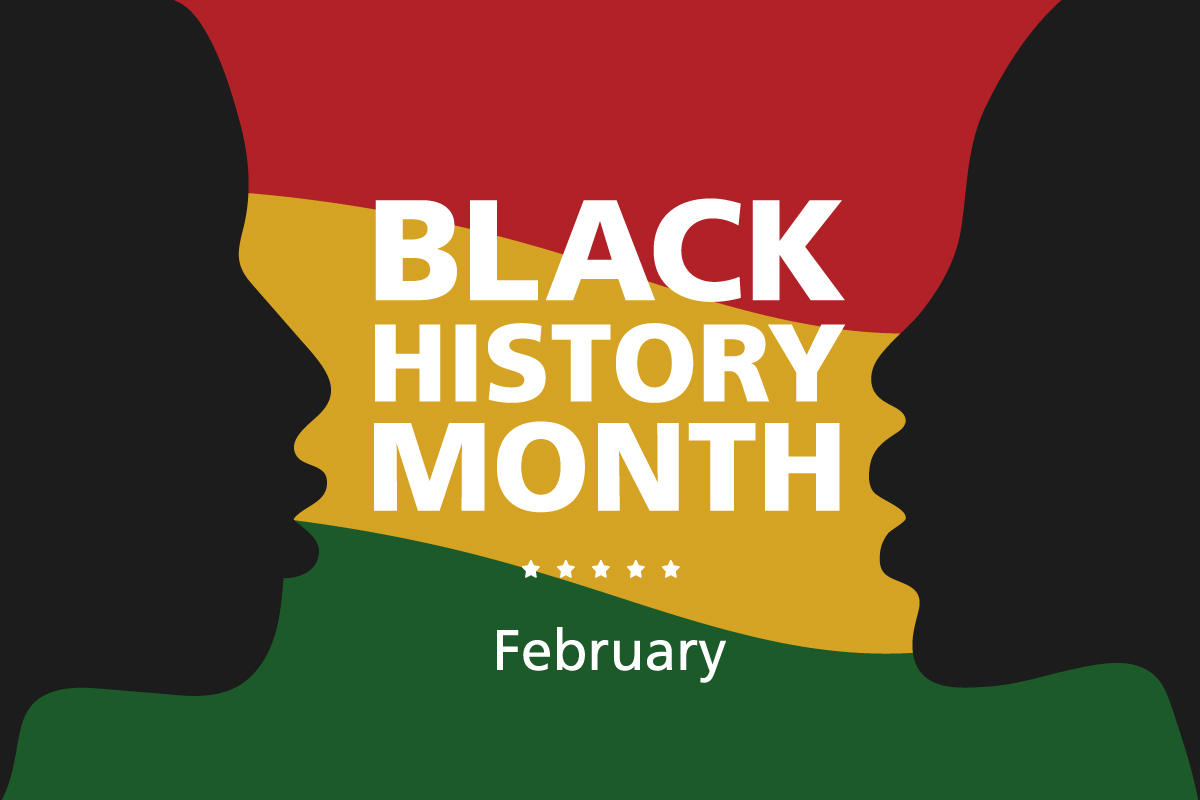This Black History Month, CSBA spotlights programs helping to close opportunity and achievement gaps.
Efforts to support Black students and community members shouldn’t be exclusive to the month of February. Recognizing the systemic and institutional racism that has impacted the education and lives of Black students, State Superintendent of Public Instruction Tony Thurmond in November launched the Task Force on Improving Black Student Achievement.
“Many of us have been working on closing opportunity gaps for years, yet many of our Black students in California are still facing environmental factors that affect their learning before they even get into the classroom. Now is the time to focus and make real change,” Thurmond said in a statement.
Consisting of 30-members, the group met monthly and established working groups to make recommendations they hoped would be incorporated in the January 2022 legislative cycle. The five focus areas of the Task Force were the school-to-prison, teacher diversity, academic achievement, mental health and housing insecurity.
Task force member Tyrone Howard, director of the UCLA Center for Transformation of Schools and the UCLA Pritzker Center for Strengthening Children and Families, participated in all the working groups.
“The initial task was to be clear about our charge and the charge was pretty straight forward from Superintendent Thurmond,” Howard said. “It was about trying to come up with a viable, strategic plan of action around what can be done at the state level … around reversing some of the chronic issues that have been affecting Black students. It was not about rehashing the problem. We know what the problem is.”
Made up of individuals from a variety of backgrounds including superintendents, teachers, nonprofit and higher education leaders, the group had a tight deadline to collaborate and create its recommendations for Thurmond to present to the Legislature. “What was clear was that all of us saw real, big discrepancies where Black students were in terms of not being supported and tried to think creatively about what can be done differently.”
For the school-to-prison pipeline, for example, some recommendations were around implementing multi-tiered systems of support in schools to help reduce discipline infractions, Howard explained. For mental health, they examined the types of supports that could be placed on campuses with significant or larger numbers of Black students. And for developing a more diverse teacher population, the group had three main goals, according to Howard.
“One was to look at some of the regional professional learning networks that are vital in helping to generate a much more diverse group of folks who can be part of the pipeline to the teaching profession,” he said. “Second was looking at teacher credentialing issues where once folks are convinced that they want to pursue a teaching career, how do we start to take a closer look at the credentialing obstacles that get in the way of some really high-potential folks. And then there’s this issue around ethnic studies, anti-bias training.”
Whether the task force will continue to convene is yet to be known. They’re waiting on word from Thurmond, Howard said. “My hope is that the Legislature is willing and ready to put some legislative action and resources behind this and we’ll talk about what implementation would look like, what evaluation would look like across each of the areas. We’re in stand-and-wait mode right now to see what the lawmakers do.”
There are over 350,000 Black students spread across the state, Howard said. As their locations and experiences differ, there isn’t a one-size-fits-all support. That’s why this work needs to be intentional.
Howard hopes that if money does get attached to legislation or projects based on the recommendations, there will be check points to ensure that funds don’t get caught up in red tape or bureaucracy and that it actually trickles down to students’ needs.
Student voice and experiences
The CDE hosted several webinars during Black History Month, including the Feb. 16 panel discussion, “Youth Voice and Equitable Chang in California’s Education System,” presented by the SPI’s Youth Advisory Council.
At the online event, youth speakers covered topics including mental health awareness, the education gap and uplifting youth voice.
Beaumont Unified School District student board member Taryn Thomas, who founded Mental Awareness Group, a campus-based mental health resource that offers suicide prevention training, spoke on the importance of students having a safe space to talk candidly and get help. The program has partnered with groups like the African American Health Clinic to host trainings and provide resources.
“What we essentially did is do research-based presentations to our school site council, to our counselors to our teachers and community on suicide prevention and spreading awareness for mental health because mental health has such a huge stigma,” Thomas said. “That’s our main mission, is to reduce the stigma surrounding the words mental [health] awareness and mental illness.”
Kendall Green, founder of NextGen United, gave a presentation on the education gap and opportunities that schools have to combat it, including rethinking how students are taught, dismantling barriers and creating more equity, starting conversations and diversifying curriculum, and implementing alternatives to punishments.
A high school senior from San Jose, Sneha Revanur, the president and founder of Encode Justice talked about how this generation is the most hyperconnected in history and why and how young people are using their voices on topics like algorithmic injustice among many others.
View this webinar on the CDE’s Facebook page here.





